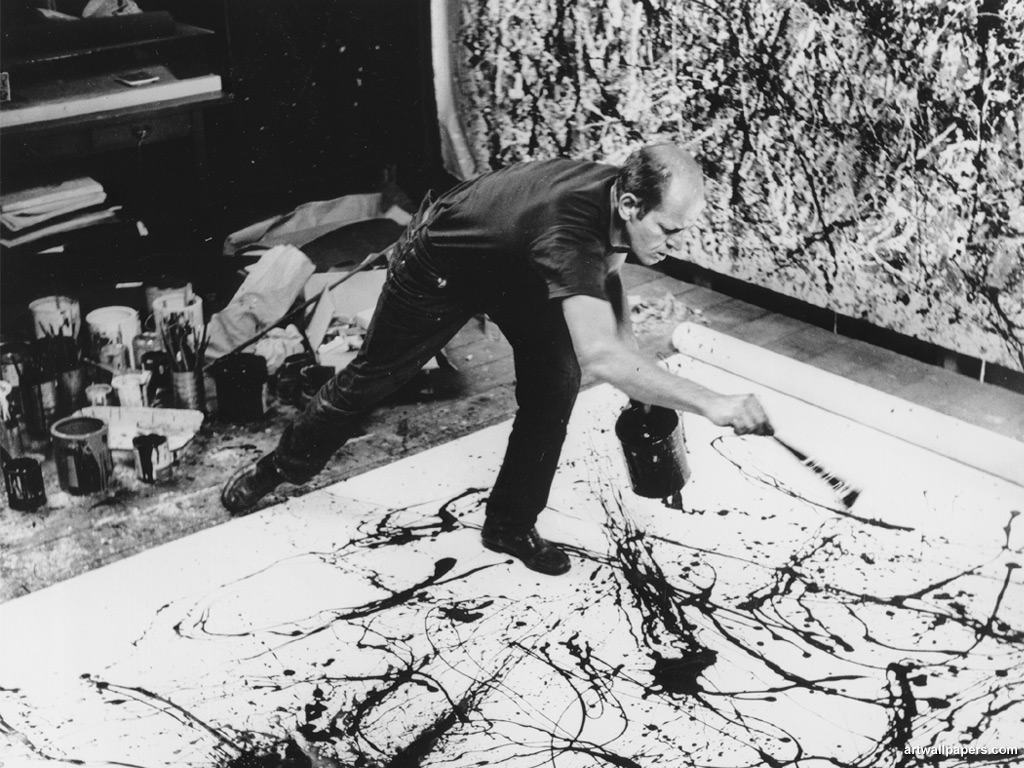What Does it Mean to Be an Artist?
I have seen my work grow and develop over the years, and I must say; it can be both an incredibly rewarding and soul-destroying experience. Seeing a work which you have invested much thought, commitment, effort, time and money into fail is something which only a fellow artist can sympathise. But seeing this same work succeed is something which can only be described as a feeling of ecstasy.
There is a question which is raised among students at art school of, ‘am I an artist?’ For we have come to art school to become an artist. This logically means that we are not yet artists. So it should seem that when we graduate we will become artists. But is this the case? Does one become an artist after graduating? Or is it within your own self that you deem yourself an artist; not to rely upon the paper qualification which our degree shall give us. Because, really, how does a certificate – a piece of paper – make us an artist? Indeed, many of the great artists never succeeded at art within the educational sphere. It should be within our own selfhood that we become an artist. It may not be a definitive transformation; it may be a gradual, unnoticeable change over a period of time. But, one day, with perseverence and with self-belief we shall become an artist. It is an individual journey which no-one apart from ourselves shall dictate to us.
By the use of the word ‘artist’, I do not merely mean it in the strict sense of ‘fine art’. By the use of the world ‘artist’, I encompass on a broader scale within the world, all of the arts and even beyond. To me, art is a skill base. It is a skill base whose foundations are formed upon a natural talent. But the transformation from these foundations is what makes one an artist. It is with love, committment and perseverence; repetition, trial and error and indeed even failure at times. It is only through this journey that can one truly become an artist. From this perception of what it means to be an artist, one could encompase a broader range of skill bases into the definition of an artist. One could be an artist as a lawyer or an engineer, a construction sight worker or an investment banker. These types of artists would simply deviate from the stereotyped pre-conception of the traditional painter or photographer types of artist.
So, I have conveyed my opinions on the subject of what it means to be an artist; however, there are many. Some would argue that an artist is only an artist when they are viewed so by society, or when their work is displayed in a gallery exhibition. But is this the case?
A slight conclusion on the topic can be drawn by encompassing the field of aesthetic theory into the discussion. When one looks at a work of art, one may find it aesthetically pleasing or aesthetically displeasing. Another person may look upon the same work of art and find it profoundly beautiful. Aesthetic taste is subjective, each individual possesses different aesthetic values – and this is where the problem lies within this debate. Some philosophers have argued, such as Immanuel Kant, that one can only make a true aesthetic judgement when we have no personal interest in the object. However, for society as a whole, this is a slightly impractical method of judging artworks. There will always be a preconceived value depending on the context of that work of art.
Thus, the debate shall continue within aesthetics concerning these issues that I have raised. Perhaps one day they will be answered truly; perhaps not. I think not, but the debate itself is incredibly interesting and essential to know when truly attempting to understand the issues surrounding the judgements of both artists and their artworks.
